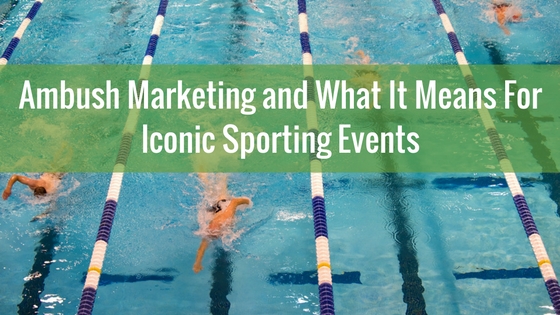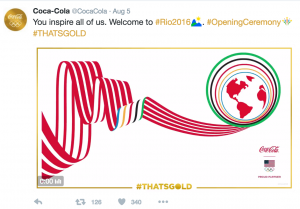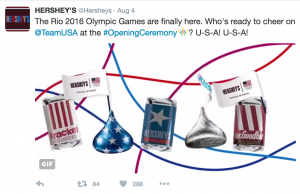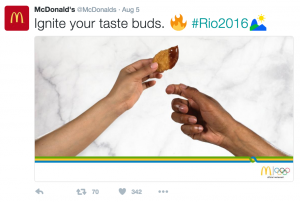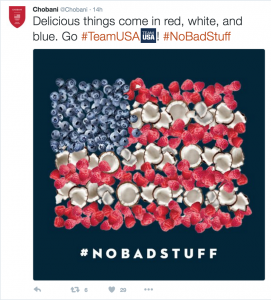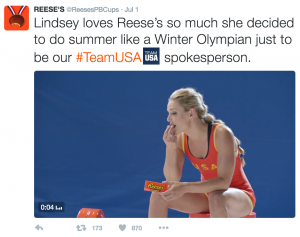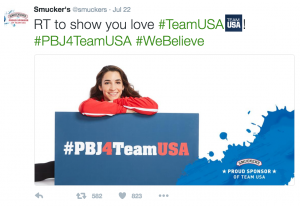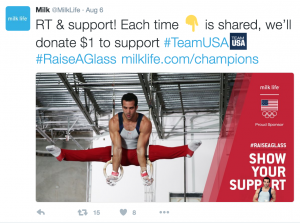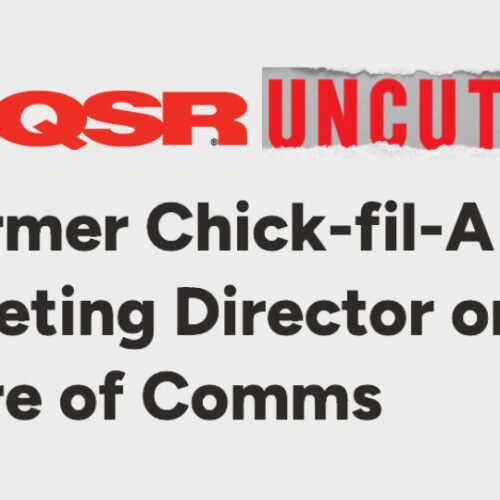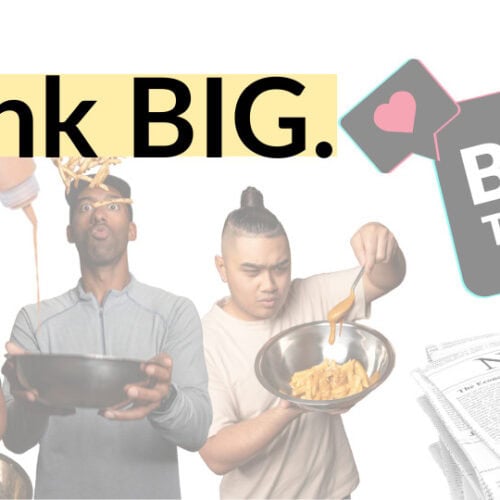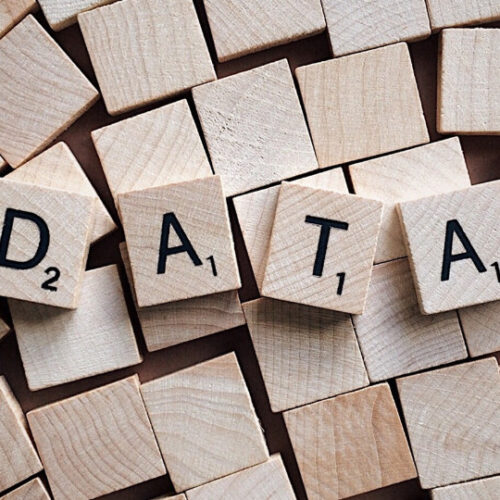If you don’t live under a rock, you are undoubtedly aware of a certain international sporting event happening in Brazil over the last two weeks. One thing you may have noticed though, is the brands that are discussing said iconic event on social media are few and far between. Now you may be asking, “why aren’t they calling the event by its name, why are they only alluding to what they’re talking about?” Two words: ambush marketing.
What is ambush marketing? Ambush marketing is “the term used to describe the piggybacking of a brand on to an event for which they are not official sponsors,” and it is banned during particular national and international events.
So what does this mean for certain iconic sporting events and the brands that want to talk about them? Simply put, unless you are an official sponsor or news outlet, you are forbidden from mentioning, tweeting or retweeting about the event. Yes, we said retweeting. The rule guidelines specifically forbid non-accredited brands from retweeting any official news or topics regarding the event, or even creating a discussion about the events at all.
This isn’t the first time ambush marketing bans have forbidden brands from discussing sporting events. A certain annual football game also prohibits any online mentions by companies that aren’t official sponsors.
So how do you know what you can and can’t say?
If you are posting online on behalf of a brand or business, when in doubt, you’re best not saying anything at all. However, if you’re still interested in finding a way around the restrictions, Adweek and the United States Olympic Committee have so kindly put together a list of trademarked words, phrases and hashtags that should be avoided. Some of the terms on that list include:
- Olympic
- Olympian
- Team USA
- Future Olympian
- Gateway to Gold
- Go For The Gold
- Going For The Gold
- Let the Games Begin
- Paralympic
- Pan am Games
- Olympiad
- Road to Rio
- Road to Tokyo
What it means for PR and social media pros:
While the ban hasn’t stopped some companies and brands from mentioning the games and events, we don’t recommend doing so. Several brands pay top dollar for sponsorship and advertising rights, and even though the penalty for ambush marketing is unclear, riding on their coattails could leave companies facing serious backlash and repercussions.
For PR professionals, it’s important to make sure your team and your clients are aware of the restrictions and guidelines before they make a mistake. As a consultant, and sometimes extension of a brand, it’s your responsibility as well to make sure the clients you represent don’t come under fire.
For those that are allowed to join in on the conversation, there has been no shortage of inspiring and exciting content being shared on social. We’ve compiled some of our favorite tweets from official sponsors of the United States team at “the athletic event that happens every four years.”
It’s so common for brands to take advantage of trending topics and events, especially ones on an international scale. While in some cases it’s permitted, and even encouraged, it’s important to do your research and know the guidelines involved before contributing in these conversations. What seems like an obvious opportunity to reach your audience could turn into a PR nightmare if trademarked terms and prohibited topics are involved.

